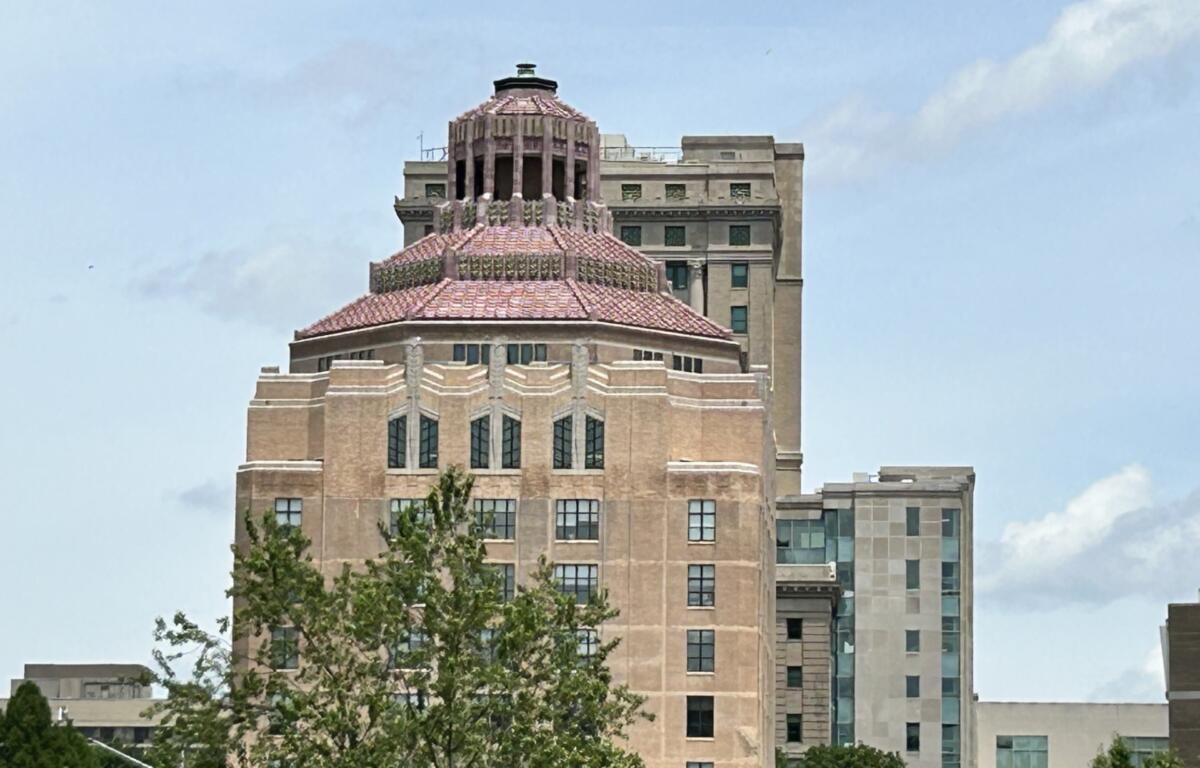ASHEVILLE, N.C. (828newsNOW) — The U.S. Department of Housing and Urban Development has approved the city of Asheville’s action plan to spend roughly $225 million in Community Development Block Grant–Disaster Recovery funds.
The approval marks a major milestone in the city’s efforts to access the funding, which HUD allocated Jan. 16 following a congressional appropriation in December 2024.
“We moved quickly because we understand how critical this funding is for our community,” Asheville Mayor Esther Manheimer said in a news release. “We’re grateful to HUD for their swift decision, and our entire council is pleased with how well the plan incorporates community feedback.”
On April 8, city council members unanimously approved the submission of the plan outlining Helene-related unmet needs and proposed use of funding. The plan was submitted to the U.S. Department of Housing and Urban Development on April 9.
The approved plan allocates $125 million for infrastructure, $52 million for economic revitalization, $31 million for housing, about $11.2 million for administration, approximately $3.7 million for planning and $2 million for public services.
Next, HUD will review the city’s financial, procurement and grant management practices to determine whether it is prepared to manage the funds effectively. The city has already submitted the required documentation and is awaiting certification, according to the news release. Once certified, HUD will issue a grant agreement for both parties to sign.
“We’re talking every day about how to use these funds effectively and efficiently in our community, including developing program area guidelines and manuals,” Community and Economic Development Director Nikki Reid said in the release. “Planning projects, such as the French Broad Riverfront Parks Recovery project, are being identified and programs will be rolled out as they are created. We expect the first programs to kick off this fall.”
The plan’s approval followed a months-long community engagement process that included a recovery priorities survey in January, six public input sessions in February and a 30-day public comment period with three public feedback sessions in March. Community feedback helped shape the final plan, including the reallocation of $5 million from the Infrastructure program to the Small Business Support, Affordable Multi-Family Construction and Planning programs.
You can follow the progress of the City’s CDBG-DR funding on its recovery website.


